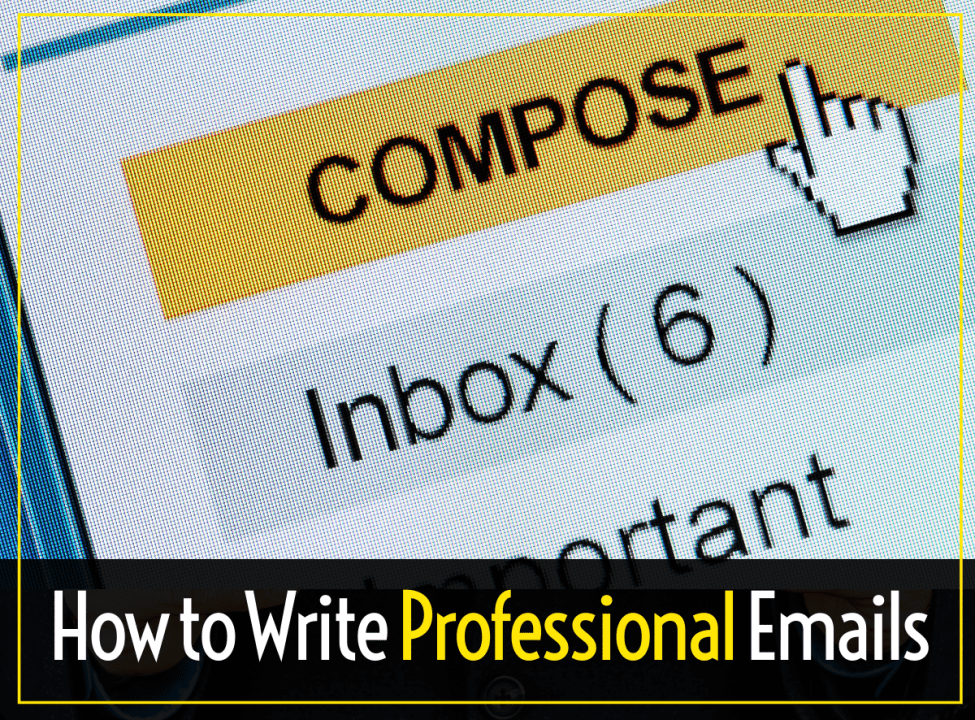NEWS: Tips for Writing Professional Emails That Get Noticed
August 18, 2023

Email is a vital communication tool in the professional world, and writing effective emails is essential for making a strong impression and getting your message across. To ensure your emails are professional, concise, and impactful, consider the following tips:
- Use a Clear and Concise Subject Line: The subject line should accurately summarize the email’s content and grab the recipient’s attention. It should be concise and specific, highlighting the main purpose of the email.
- Address the Recipient Appropriately: Begin your email with a formal salutation, using the recipient’s name (e.g., “Dear Mr. Smith” or “Dear Dr. Johnson”). Use appropriate titles and honorifics to demonstrate respect.
- Keep the Email Brief and Focused: Professional emails should be concise and to the point. Avoid lengthy paragraphs and unnecessary details. Use short sentences and bullet points to convey information clearly.
- Be Polite and Courteous: Maintain a professional tone throughout the email. Use polite language, proper grammar, and correct spelling. Avoid using informal or slang expressions.
- Structure the Email Effectively: Use paragraphs to separate different ideas or topics. Start each paragraph with a clear topic sentence. Use headings or subheadings to organize the email’s content, especially in longer emails.
- Be Clear and Specific: Clearly state the purpose of the email in the opening sentences. Provide relevant details and any necessary context. If you have multiple requests or questions, number them or use bullet points for clarity.
- Proofread Before Sending: Always proofread your email for errors before sending it. Check for grammar, punctuation, and spelling mistakes. Read the email aloud to ensure it flows smoothly.
- Use a Professional Email Signature: Include a professional email signature that provides your contact information, job title, and any other relevant details. This adds credibility and makes it easier for recipients to reach you.
- Follow Up and Respond Promptly: If you receive a reply to your email, respond promptly and acknowledge the recipient’s response. Prompt communication demonstrates professionalism and respect for the recipient’s time.
- Avoid Emotional Language and Negative Tone: Maintain a neutral and professional tone in your emails. Avoid using emotional language or expressing frustrations. If you need to address a problem or disagreement, remain calm and use a diplomatic approach.
- Use a Professional Closing: End the email with a polite closing, such as “Sincerely” or “Best regards,” followed by your name. If appropriate, include your job title or company name below your name.
- Double-Check Recipients and Attachments: Before hitting send, double-check that you have included the correct recipients and attached any necessary files. Sending an email to the wrong person or forgetting an attachment can cause unnecessary confusion or delays.
By following these tips, you can write professional emails that effectively convey your message, create a positive impression, and increase the likelihood of getting noticed and receiving timely responses. Remember to be clear, concise, and courteous in your communication, and always proofread before hitting that send button.
